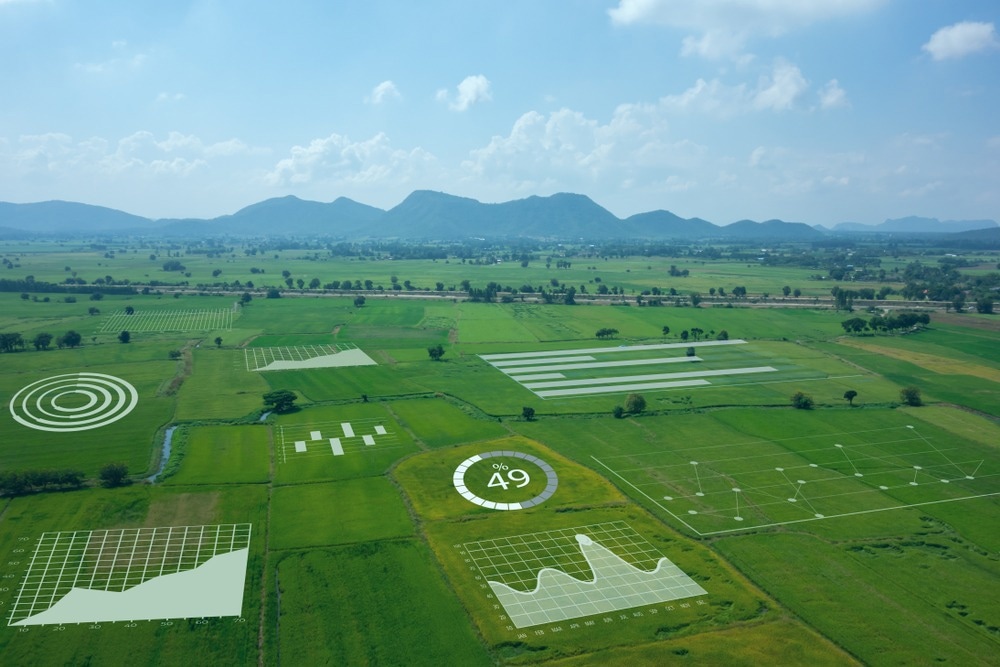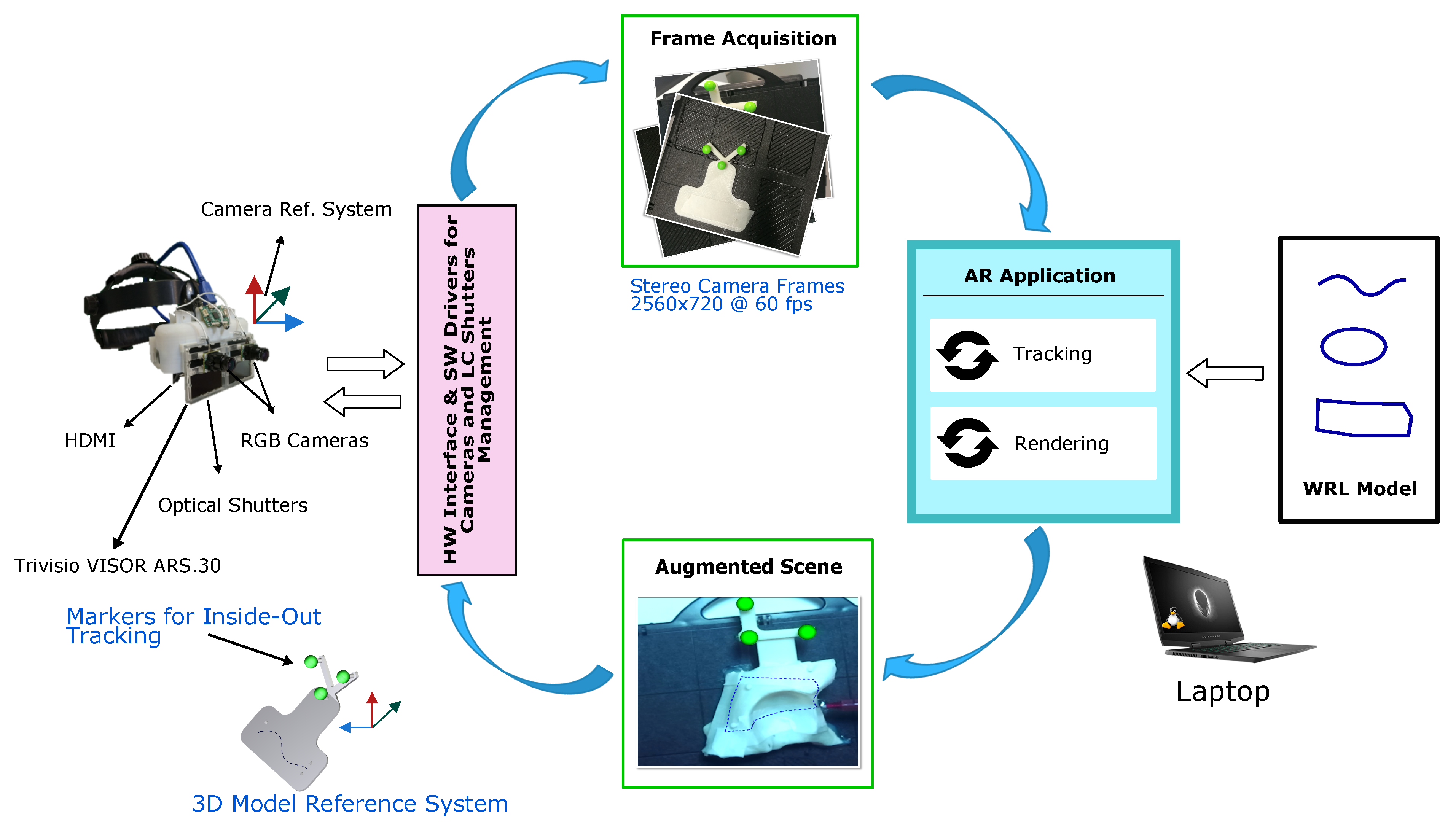Introduction
Agriculture has come a long way from its humble beginnings, with modern farming practices relying heavily on technology to maximize crop yields and reduce environmental impact. One of the latest innovations to make waves in the agricultural sector is quantum sensors. These sophisticated devices leverage the principles of quantum physics to provide farmers with precise data that can transform the way they manage their crops.
In this blog post, we will explore the intriguing world of quantum sensors and their applications in agriculture. From monitoring soil conditions to optimizing irrigation, quantum sensors are poised to revolutionize farming practices. Let’s dive into the quantum realm of agriculture and discover how these tiny sensors are making a big impact.
Understanding Quantum Sensors
Before we delve into their agricultural applications, let’s take a moment to understand what quantum sensors are and how they work. Quantum sensors are devices that use the principles of quantum mechanics to make incredibly precise measurements. Unlike classical sensors, which are limited by the uncertainties of classical physics, quantum sensors exploit quantum phenomena such as superposition and entanglement to achieve unparalleled accuracy.
One of the key components of quantum sensors is the use of quantum bits or qubits. These are the fundamental units of information in quantum computing and sensing. Quantum sensors can manipulate qubits to extract information from the physical world with astonishing precision. This ability to harness quantum properties has a wide range of applications, and agriculture is no exception.
Applications in Agriculture
Quantum sensors offer a multitude of benefits for agriculture. Here are some of the key applications that are transforming the farming industry:
Soil Health Monitoring: One of the critical factors in successful farming is the condition of the soil. Quantum sensors can measure soil properties such as moisture content, pH levels, and nutrient concentrations with unparalleled accuracy. This information allows farmers to make informed decisions about soil management, ensuring optimal conditions for crop growth.
Pest and Disease Detection: Quantum sensors can detect subtle changes in plant health that may be indicative of pest infestations or diseases. By identifying these issues early, farmers can take proactive measures to prevent widespread damage and reduce the need for chemical interventions.
Precision Irrigation: Water is a precious resource in agriculture, and its efficient use is paramount. Quantum sensors can monitor soil moisture levels in real-time, enabling precise irrigation strategies. This not only conserves water but also improves crop health by avoiding over- or under-watering.
Nutrient Management: Quantum sensors can analyze nutrient levels in plants, helping farmers optimize fertilizer application. This not only reduces fertilizer waste but also minimizes the environmental impact of excess nutrients leaching into the soil and waterways.
Challenges and Future Prospects
While quantum sensors hold great promise for agriculture, there are also challenges that need to be addressed. These include the cost of implementing quantum sensor technology, the need for specialized expertise, and ensuring the scalability of these solutions for small-scale farmers.
Despite these challenges, the future of quantum sensors in agriculture looks promising. As technology continues to advance, we can expect quantum sensors to become more accessible and affordable for a wider range of farmers. Additionally, ongoing research in quantum computing and sensing is likely to lead to even more innovative applications in agriculture.
Conclusion
Quantum sensors are a testament to the remarkable ways in which quantum physics is influencing our daily lives. In agriculture, these sensors are driving a revolution by providing farmers with the tools they need to make data-driven decisions that enhance crop yield and sustainability. As technology continues to advance, we can expect quantum sensors to become an integral part of modern farming practices, helping us feed a growing global population while minimizing the environmental impact of agriculture.
The future of farming is quantum, and the possibilities are truly exciting. With the continued development of quantum sensor technology, we are poised to witness a transformation in agriculture that benefits both farmers and the planet.






